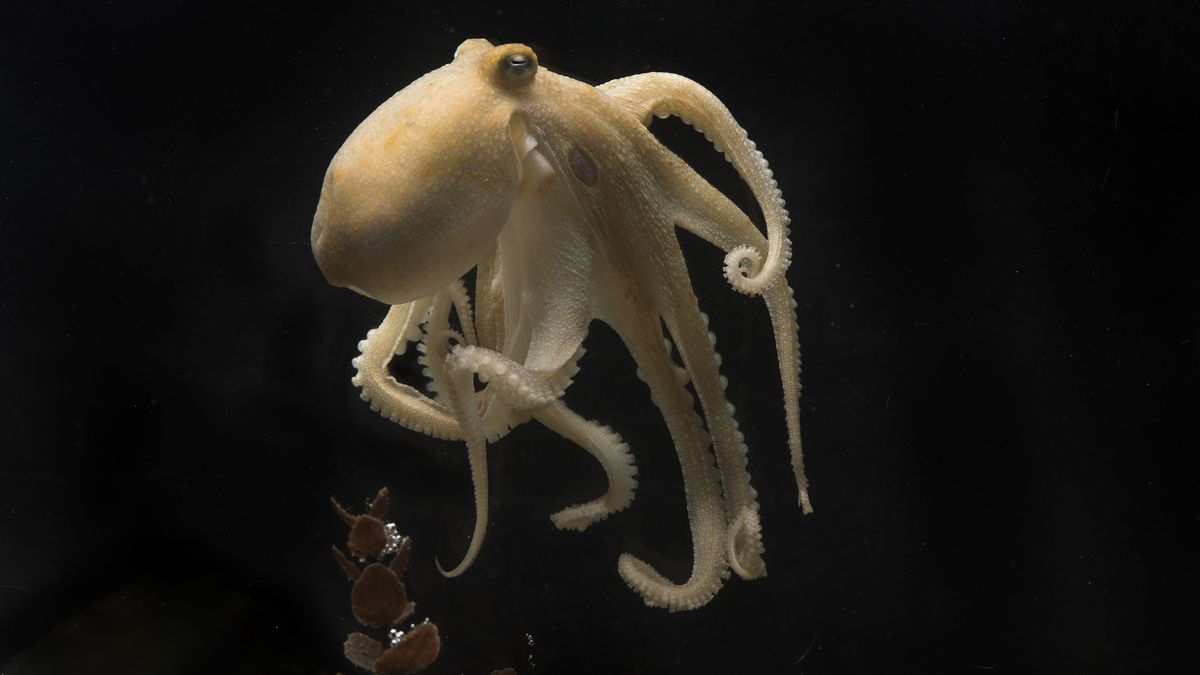
But in octopus mothers, this decline is particularly alarming: In most species, as an octopus mother's eggs get close to hatching, she stops eating.
When she transitioned into graduate school in science, she kept that interest, and was struck by the dramatic deaths of octopus mothers after they laid their eggs.
A 1977 study by Brandeis University psychologist Jerome Wodinsky found the mechanism behind this self-destruction lay in the optic glands, a set of glands near the octopus's eyes that is roughly equivalent to the pituitary gland in humans.If the nerves to the optic gland were cut, Wodinsky found, the mother octopus would abandon her eggs, start eating again and live for another four to six months.
But no one knew what the optic gland was doing to control this cascade of self-injury. ."From the very beginning, I was really keen to do the experiments that we outlined in the paper we just published, which is essentially juicing the optic gland and then identifying the components of that juice," Wang said. .Wang and her colleagues analyzed the chemicals produced in the optic glands of California two-spot octopuses (Octopus bimaculoides) after they laid eggs.In 2018, a genetic analysis of the same species showed that after egg-laying, the genes in the optic glands that produce steroid hormones (which are built, in part, with cholesterol components) started going into overdrive.
"I'm really, really excited to study the dynamics of the optic gland in that species," Wang saidOriginally published on Live ScienceStephanie Pappas is a contributing writer for Live Science, covering topics ranging from geoscience to archaeology to the human brain and behaviorShe was previously a senior writer for Live Science but is now a freelancer based in Denver, Colorado, and regularly contributes to Scientific American and The Monitor, the monthly magazine of the American Psychological Association
Thank you for signing up to Live Science